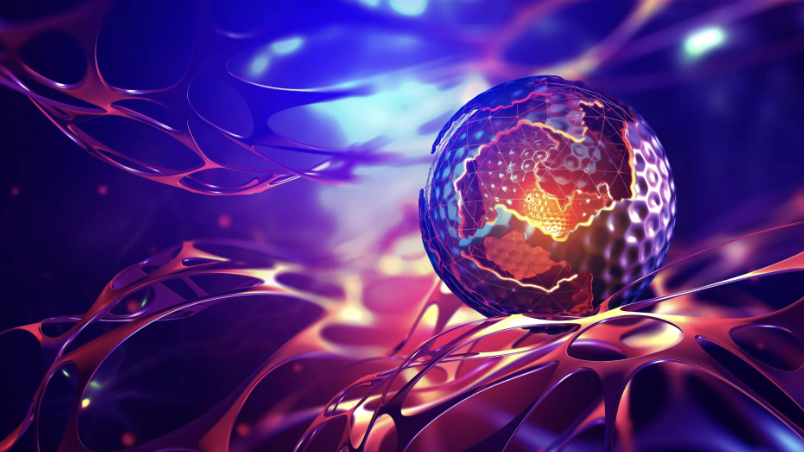Stanford Medicine researchers have developed MUSK (multimodal transformer with unified mask modeling), an innovative AI model that bridges a critical gap in cancer care technology. Unlike conventional AI tools that process either images or text separately, MUSK seamlessly integrates diverse medical data types – from microscopic slides to physician notes – into unified analyses. Trained on 50 million medical images and over 1 billion pathology texts, MUSK achieves remarkable accuracy in cancer prognosis prediction, showing 75% accuracy across 16 major cancer types compared to traditional methods’ 64%. Notably, in immunotherapy response prediction for lung cancer patients, MUSK’s accuracy reaches 77%, substantially outperforming current PD-L1 biomarker-based assessments. This breakthrough represents a shift toward more comprehensive, data-integrated clinical decision support, potentially transforming how physicians approach cancer treatment planning.
MUSK’s ability to combine diverse medical data could lead to more personalized cancer treatments, potentially reducing failed therapies and improving patient outcomes.
GLP-1 for Treating Obesity—Origin, History, and Evolution
JAMA Network, Per Franklin Nielsen, Per Olaf Huusfeldt (Novo Nordisk), Denmark
Glucagon-Like Peptide 1 Receptor Agonists and 13 Obesity-Associated Cancers in Patients With Type 2 Diabetes
JAMA Network Open, Kevin Lin (Harvard Medical School), USA



